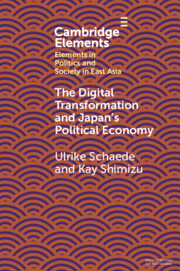Baby boomers will comprise a considerable share of tomorrow's older population. Previous research has indicated higher travel activity and car use amongst baby boomers than amongst older cohorts. However, little evidence exists on the effects of boomers' ageing on the transportation system. To analyse how retirement affects baby boomers' travel and the related future travel demand, we compared three groups, distinguished by employment status as ‘still working’, ‘early retirees’ and ‘recent retirees’, in a longitudinal setting. Data for 864 individuals were collected via standardised telephone interviews in 2009 and 2012. We find a clear tendency towards reducing the car use and mileage over time and as a consequence of retirement. Nevertheless, car use for leisure purposes increased after retirement. Whilst retirement had a bigger impact on men's than on women's car use, those women who continued working had a high car reliance that did not decline over time. This study suggests that retirement is a transition point associated with decreasing car use. Hence, the ageing of the population is likely to have a decreasing effect on transportation demand. However, informal care-giving, prolonged careers and atypical working life, boomer women's changing professional roles, and the emergence of leisure and consumption as major cultural and social frameworks of the third age are likely to make this transition different than observed in previous cohorts.
